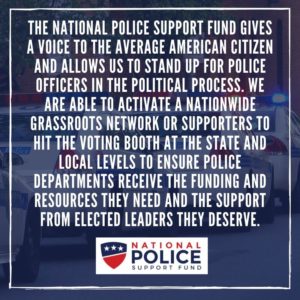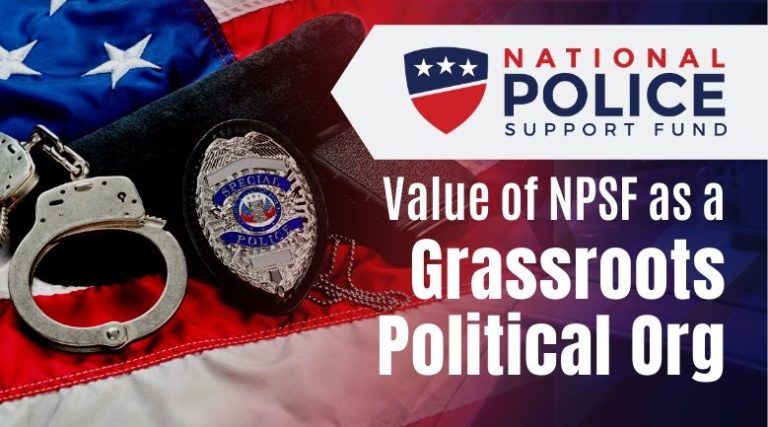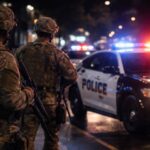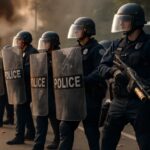Politics in America today is a complicated, opaque subject. Too often issues that affect our everyday lives are relegated to topics being shouted amongst talking-head pundits on the big TV networks, or being treated glibly online. The truth is that politics matter to everyone and even large, national debates can cause ripples that affect local policies, legislation, and sentiment.
One profession that appears underrepresented in the political sphere is our nation’s law enforcement officers. Their very job depends on upholding the law, but how does politics determine what those laws are?
Politics matter to the law enforcement community because politics matter to us all. Elected officials and legislation impact every aspect of a citizen’s life, from the taxes they pay, to how taxes are spent, to the resources allocated to a municipality, to the laws and regulations civilians must follow and police officers must enforce.
Politics vis a vis law enforcement comes in two varieties: legislation and elected officials. Legislation affects the laws police officers must enforce and the resources available to enforce them. That is, legislation can adjust the tax rate or change how funds are allocated for training and equipment, for example. Elected officials impact the law enforcement community because, as the public face of government, what they say and how they respond to police issues informs the public perception of officers. Officials also are able to push their political agendas in a public forum, which officers themselves usually cannot do.

The biggest challenge facing the law enforcement community today is the perceived “War on Police”. Statistically, police line of duty “felonious deaths” have not appreciably increased, but the politicization and media frenzy surrounding them have. Media outlets push an “us vs. them” narrative, and whether the numbers support it or not, it has a negative effect on police officers simply trying to do their job.
Officers who feel their lives are in peril are unable to address situations dispassionately. When the media stokes the flames of war against, police, the criminals in society can interpret it as a green light to attack cops. Disrespect towards police and non-fatal attacks on officers have increased: from buckets of water tossed on passing officers patrolling the beat to verbal berations while conducting routine traffic stops.
Voters can ensure they step into the ballot box with purpose, and stand up for police officers by:
- Electing strong officials who understand the unique challenges officers face
- Hold politicians accountable for their words and attitudes and vote to remove anti-cop officials
- Support ballot initiatives that will provide police officers with much-needed resources and funding for training and equipment
- In municipalities with elected judges, help elect judges who value the rule of law and will hold convicts accountable for their actions
The National Police Support Fund gives a voice to the average American citizen and allows us to stand up for police officers in the political process. We are able to activate a nationwide grassroots network of supporters to hit the voting booth at the state and local levels to ensure police departments receive the funding and resources they need and the support from elected leaders they deserve.
The Fraternal Order of Police, an organization representing nearly 350,000 law enforcement officers across the United States, is under attack by people who say that it represents nothing but the problems in our criminal justice system. The efforts to undermine the FOP directly compromise the safety and security of people across the country. Read more here why the FOP is under attack and what you can do to support the organization.








